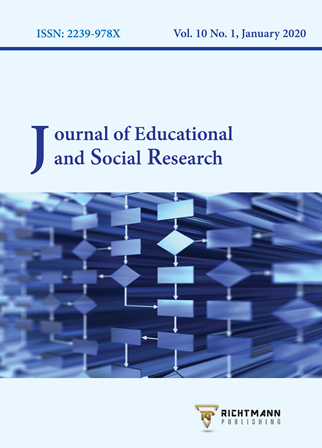Lingua-Ethological Causes of Communicative Failures: Pragmatic Aspect
DOI:
https://doi.org/10.36941/jesr-2020-0013Abstract
The paper reveals and describes communicative failures caused by differences in structures of communicants’ lingua-ethological encyclopedic knowledge based on the cognitive theory of dynamic construal of meaning. ? communicative failure is viewed as a speech-behavioural act, where there is no semiosis (the addresser’s verbal and/or non-verbal utterance does not evoke any conventional conceptual content in the addressee’s mind) or there is ambivalent semiosis (the addresser and addressee privilege different aspects of the conceptual content structured by different frames (scripts)/domains, which results in the divergence between the addressee’s inferences and addresser’s presuppositions. It is alleged that communicative failures can be caused by differences in structures of communicants’ lingua-ethological knowledge of general principles regulating communicative behaviour. The addresser’s verbal and/or non-verbal utterance triggers different aspects of the conventional conceptual content in the minds of the communicants structured by different frames (scripts)/domains, which leads to the divergence between the addressee’s inferences and addresser’s presuppositions. Differences in structures of communicants’ lingua-ethological encyclopedic knowledge result from the addressee’s failure to select the most relevant way of interpreting the addresser’s utterance due to the violation of interpersonal rhetoric principles, in particular, Relevance Theory principles caused by a disregard of lingual and extra-lingual context of a communicative act. This results in a false interpretation of homonymous verbal utterances, utterance implicatures enabling both literal and metaphorical interpretation or implicatures connected with recognizing irony/sarcasm as well as the addresser’s communicative intentions and utterance addressing.
Downloads
Downloads
Published
Issue
Section
License
This work is licensed under a Creative Commons Attribution-NonCommercial 4.0 International License.









